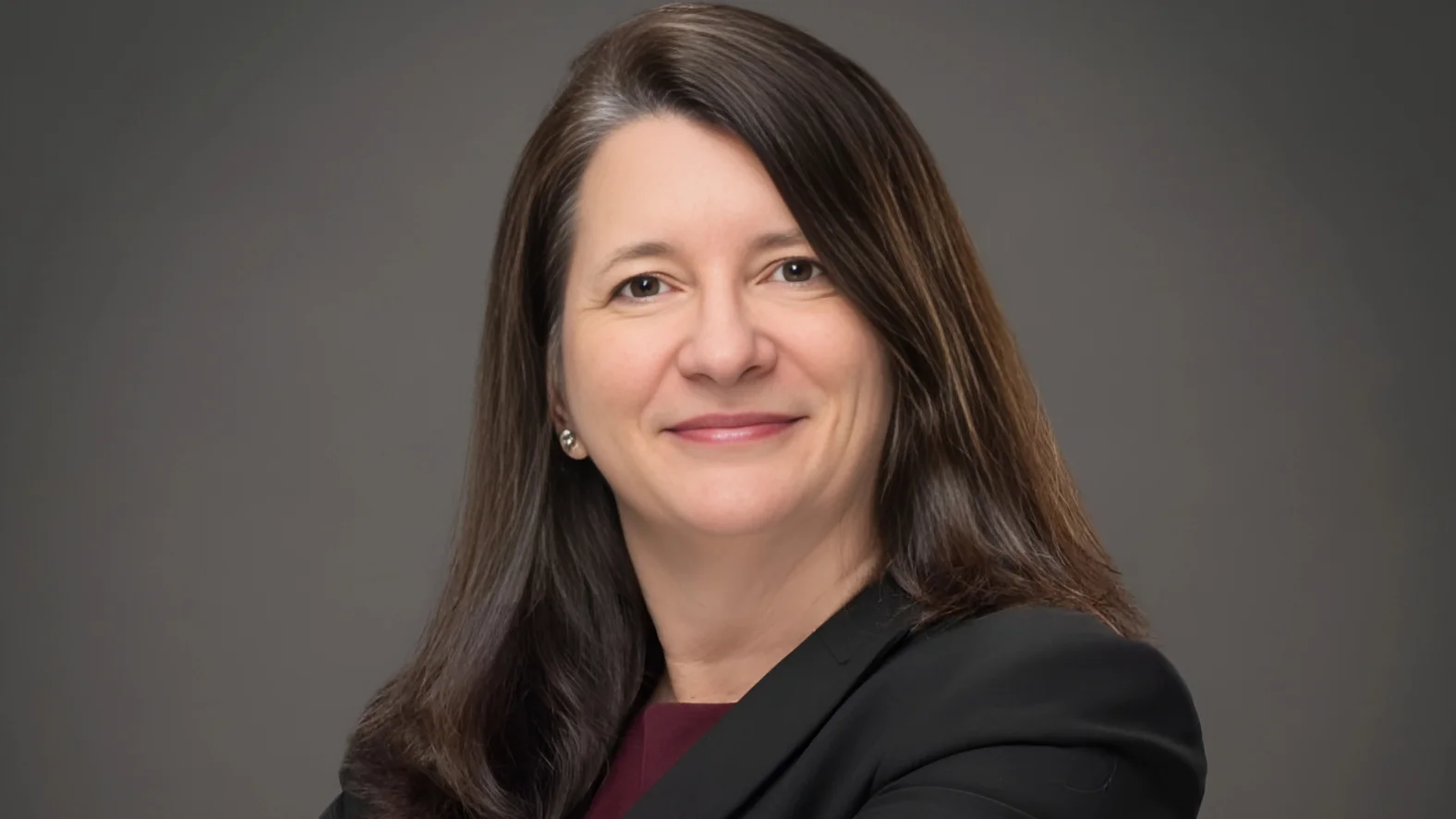
Dr. Maria Murray President & CEO | The Reading League
The Reading League, a national nonprofit based in Syracuse, New York, has responded to Governor Kathy Hochul’s recently announced “Back to Basics” plan aimed at improving reading proficiency in the state. The organization, which focuses on promoting evidence-based reading instruction, shared its perspective and recommendations for ensuring the initiative's success.
Founded by former educators from New York State, The Reading League (TRL) was established after its members recognized a gap between scientific research on reading and instructional practices in schools. Since its creation in 2016, TRL has expanded to include chapters in 33 states and has partnered with over 70 school districts nationwide to align educational practices with scientific evidence.
“We are cautiously optimistic about Governor Hochul’s announcement. This moment holds promise for the children of our home state if executed well, and we want it to be successful. We hope that New York State–as well as states across the country that are embarking on similar journeys toward evidence-aligned instruction–leverages the lessons TRL has learned to create significant outcomes for our students,” stated TRL.
The organization expressed concerns about the phrase “Back to Basics,” suggesting it could misrepresent the current state of reading instruction in New York. According to TRL, there has never been a period when the science of reading was widely understood or applied in the state's schools. They emphasized that foundational findings in reading science remain largely unaddressed in teacher preparation programs.
TRL also cautioned against reducing the science of reading (SoR) to just phonics instruction. “To quote TRL’s the SoR is a ‘vast, interdisciplinary body of scientifically based research,’ with findings in areas such as oral language development, background knowledge, dialectical variation, and much more. If educators are led to believe that the crux of the SoR is phonics, they will likely apply a ‘phonics patch,’ wherein they supplement existing instruction—which may not be aligned to the evidence base—with a phonics program. This will not transform broader instructional practices and assessment systems.”
The group urged state leaders to prioritize long-term professional development for educators before investing heavily in new curricula. “Even a well-aligned curriculum is unlikely to produce desirable results when teachers lack adequate training to implement it properly. A transformative approach to reading instruction, rather than an additive approach, is critical; that is to say, before hastily spending school funding on new curricula, first ensure that educators and administrators fully understand the reasoning behind certain instructional approaches and how various curricula support (or undermine) reading development.”
The Reading League highlighted its own Curriculum Evaluation Guidelines (CEGs), which are used nationally by schools and educator preparation programs to assess whether materials align with scientific evidence. In spring 2024, TRL plans to publish curriculum reviews based on these guidelines. The organization cautioned that rushing out new guidelines could result in approval of materials inconsistent with research-backed practices.
Additionally, TRL noted concerns about recent regional BOCES events related to literacy briefs. According to feedback received from district leaders, some facilitators lacked expertise in the science of reading but were still expected to lead professional learning sessions. The group stressed the importance of vetting professional development providers’ credentials.
Regarding microcredential programs introduced as part of the initiative, TRL said these can raise awareness but should not replace comprehensive learning embedded within educator preparation programs: “Evidence-aligned reading instruction should be at the center of educator preparation programs, not a peripheral certificate.”
TRL concluded by expressing pride in its New York roots and offering its resources and expertise as support for this statewide effort. “We hope that the expertise and insights we have garnered through our work with schools, reading scientists, chapter leaders, and many other stakeholders from across the country are leveraged as New York embarks upon this important initiative. We believe that the free resources we have produced, along with our other programs, can provide direction and support for successful outcomes.”
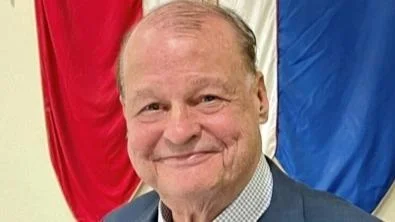
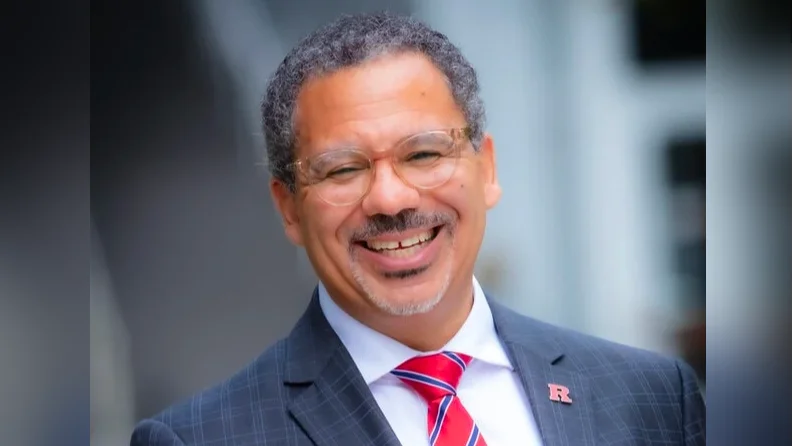

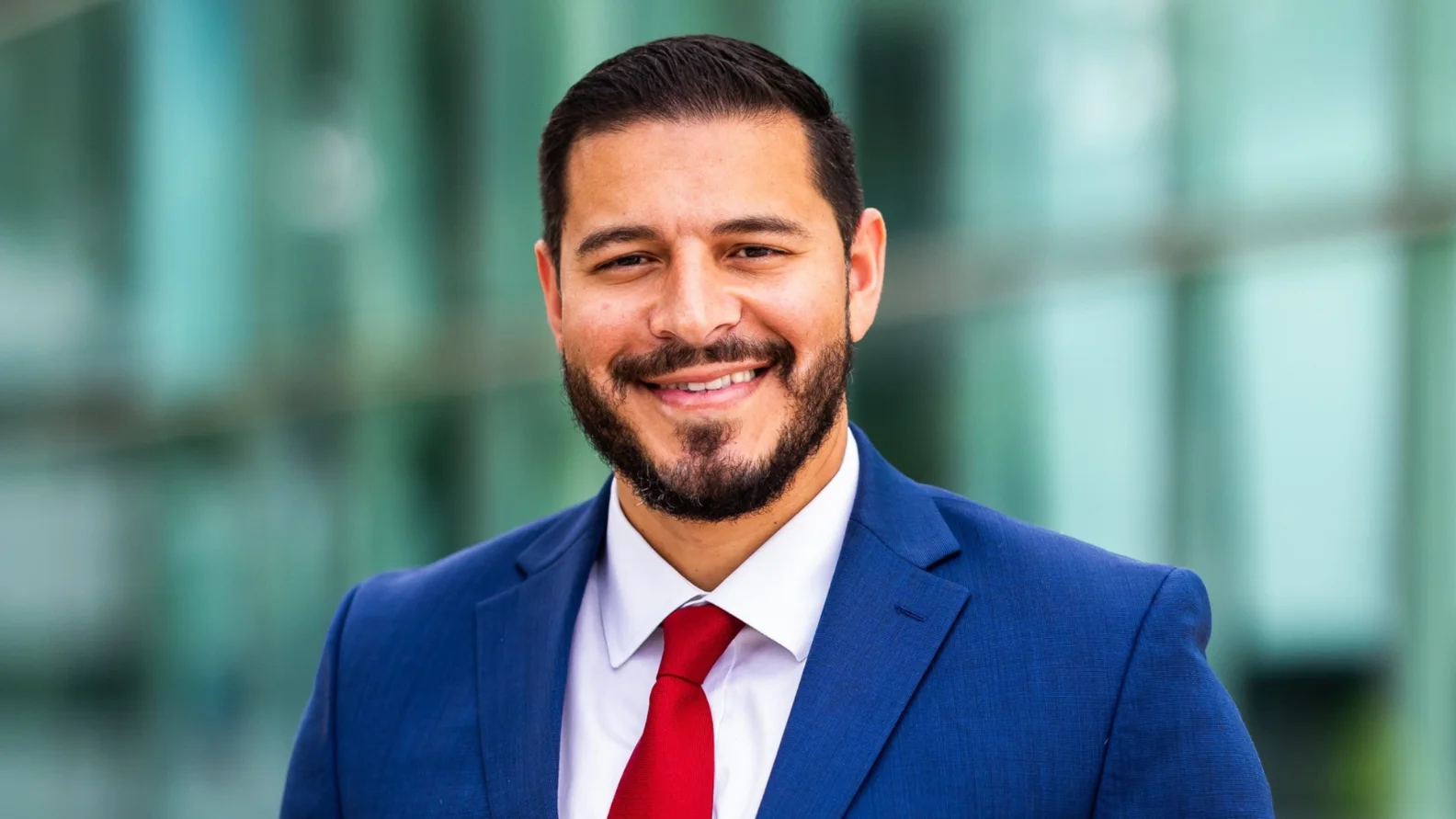
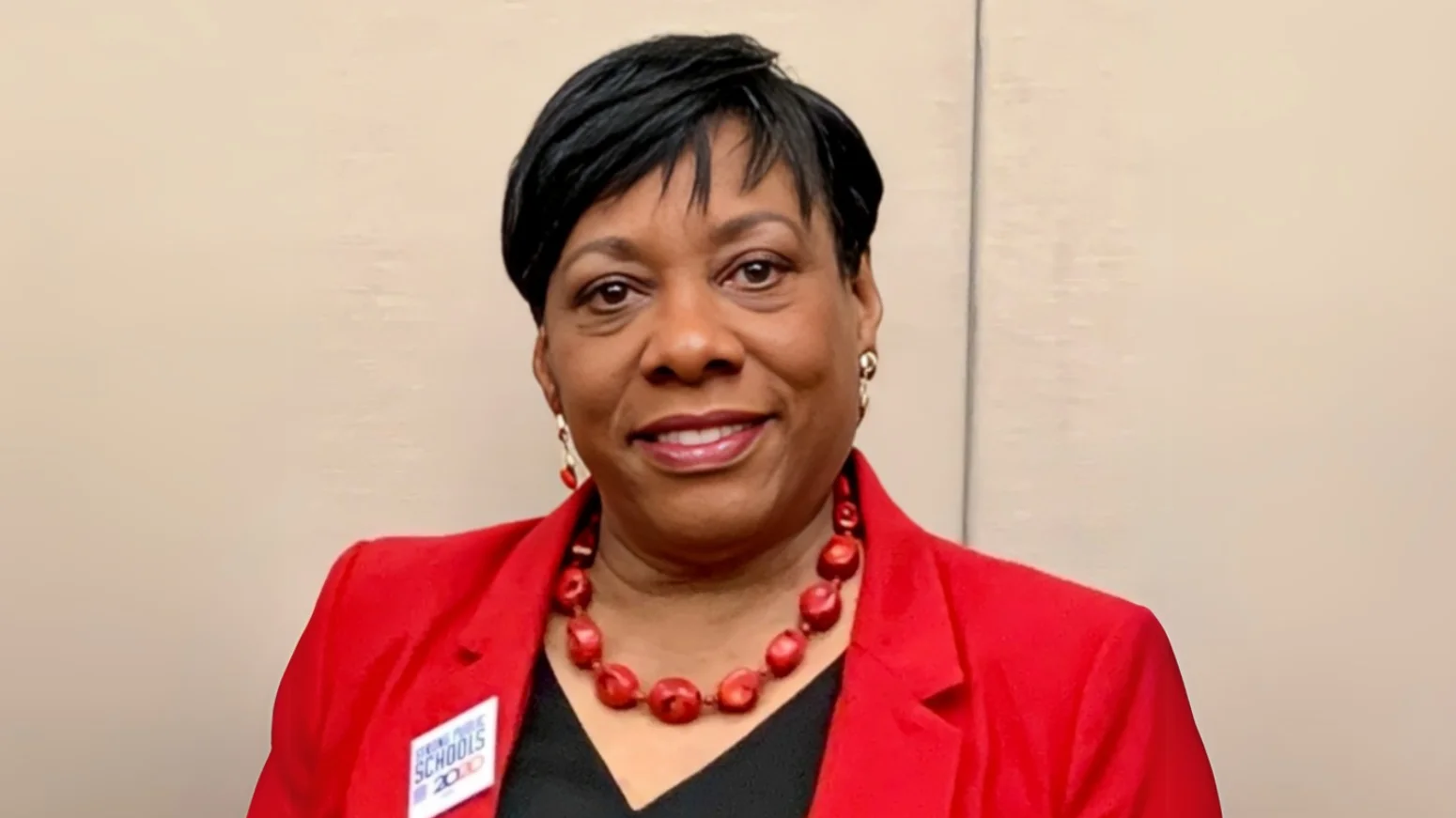
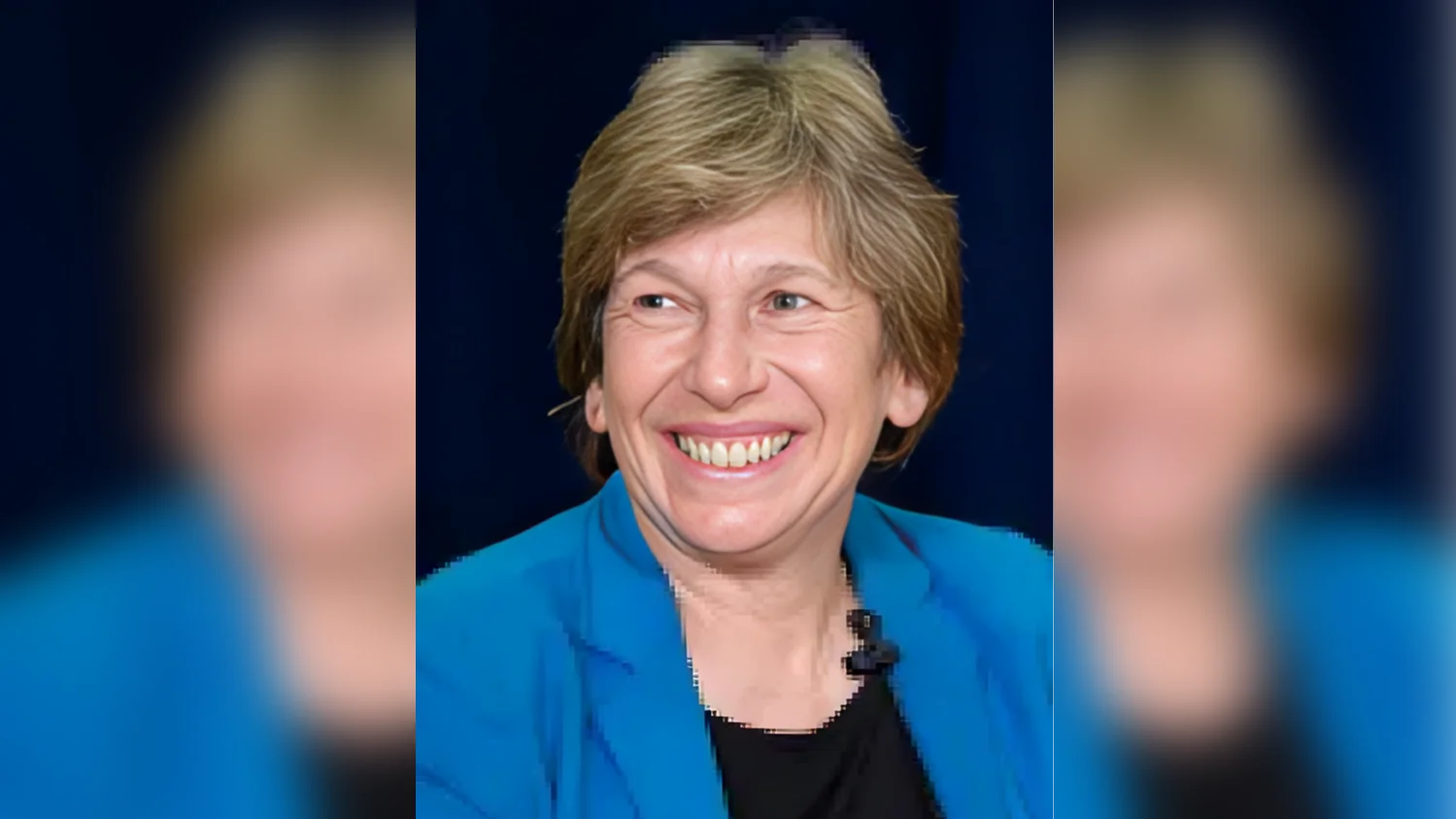
 Alerts Sign-up
Alerts Sign-up